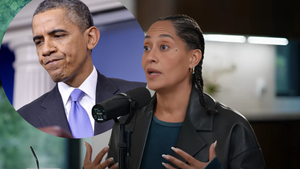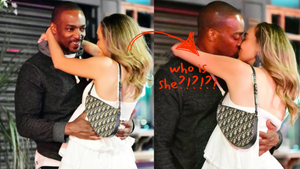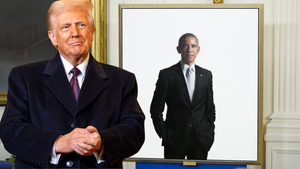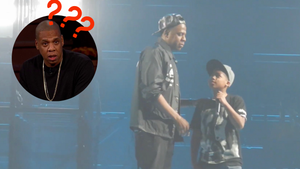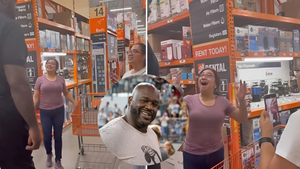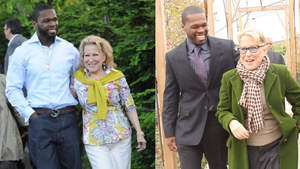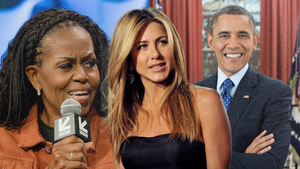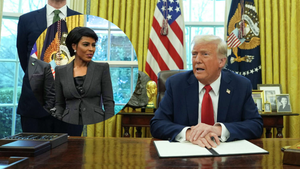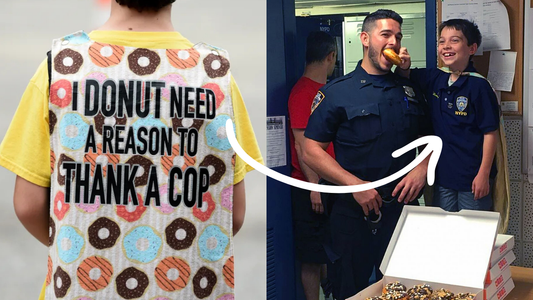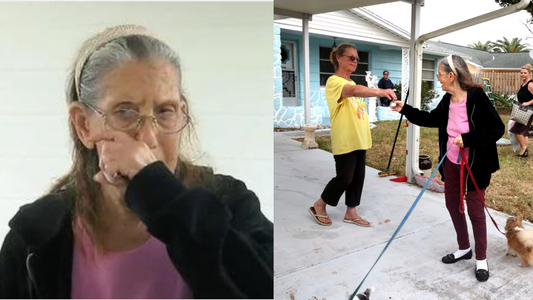Rappers Fivio Foreign and Kodak Black are facing criticism after releasing “ONBOA47RD,” a track that openly endorses Donald Trump. The song features clips from Trump’s speeches and includes Kodak rapping, “I ain’t even see this many Black people freed during the Obama days,” despite the fact that Obama granted clemency to nearly 2,000 people—compared to Trump’s 237.
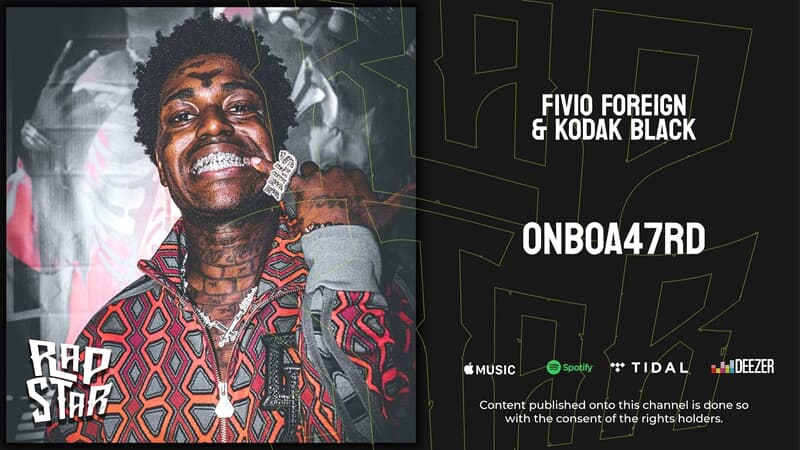
The track attempts to position Trump as a champion of justice, yet it ignores his history of divisive rhetoric and policies that have disproportionately affected minority communities. So why are these artists backing him?
Hip-Hop’s Political Shift
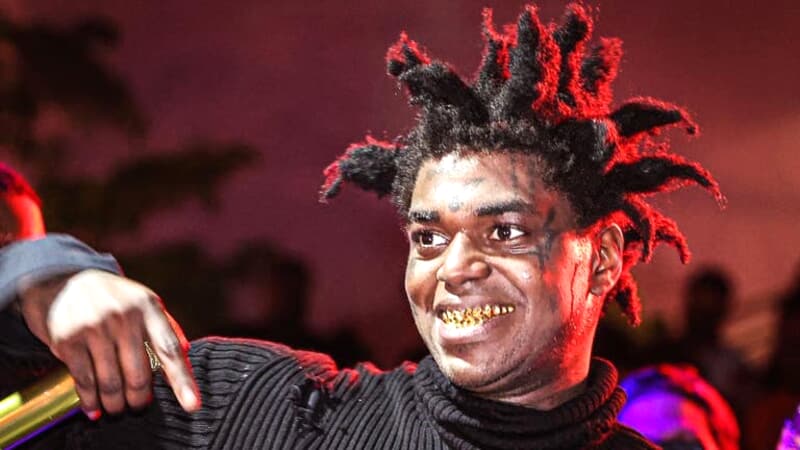
Trump has been strategically aligning with hip-hop figures for years, granting high-profile pardons to Kodak Black and Lil Wayne during his presidency. Those moments earned him a level of goodwill in certain circles, despite his administration’s broader policies. Now, rappers like Kay Flock, Sheff G, and Sleepy Hallow—all facing legal troubles—have also voiced support, possibly hoping for similar favors.
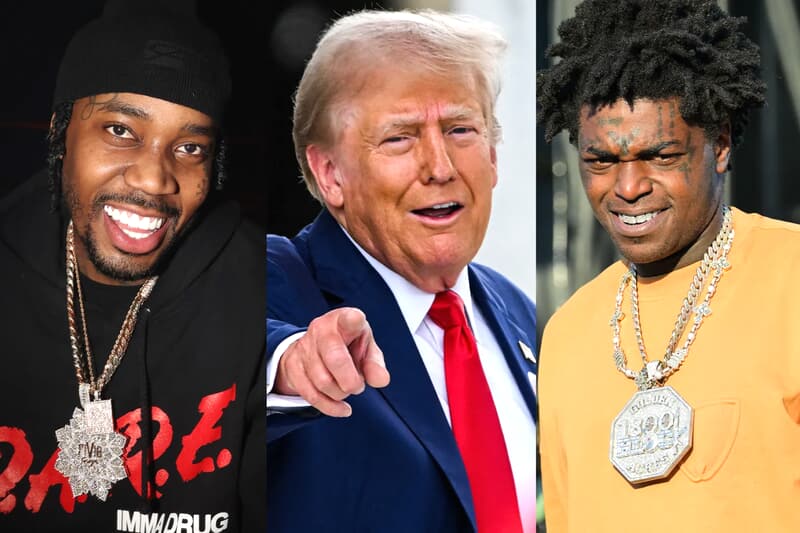
However, critics argue that these endorsements ignore Trump’s track record, focusing on personal benefits rather than the long-term impact on their communities. With Trump leaning into his larger-than-life persona, some artists may see him as a disruptor rather than a politician whose decisions carry real consequences.
What’s at Stake?
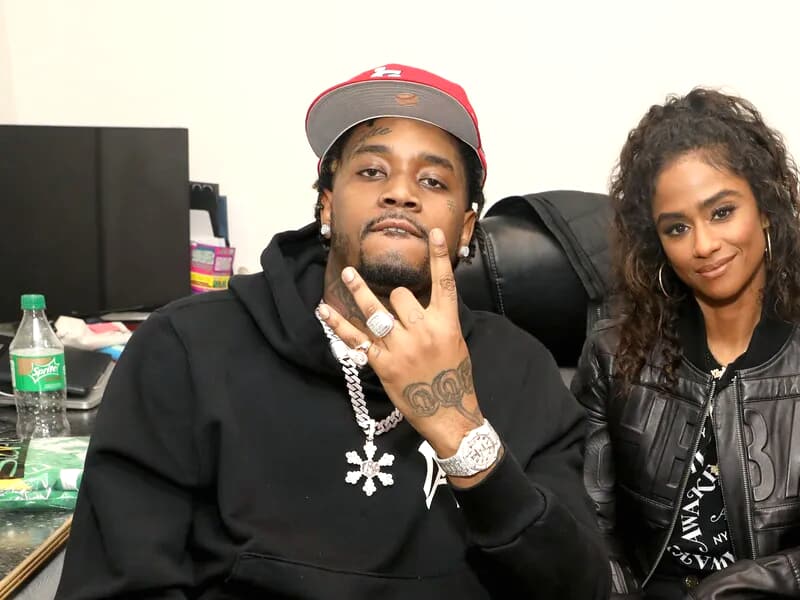
Trump’s Agenda 47 outlines plans that could deeply affect the communities Fivio and Kodak came from. These include:
Cutting funding for schools that teach critical race theory, limiting discussions on systemic racism.
Expanding aggressive policing policies, including stop-and-frisk tactics that have disproportionately targeted Black and Latino communities.
Rolling back environmental protections, despite studies showing that low-income communities are hit hardest by climate change.
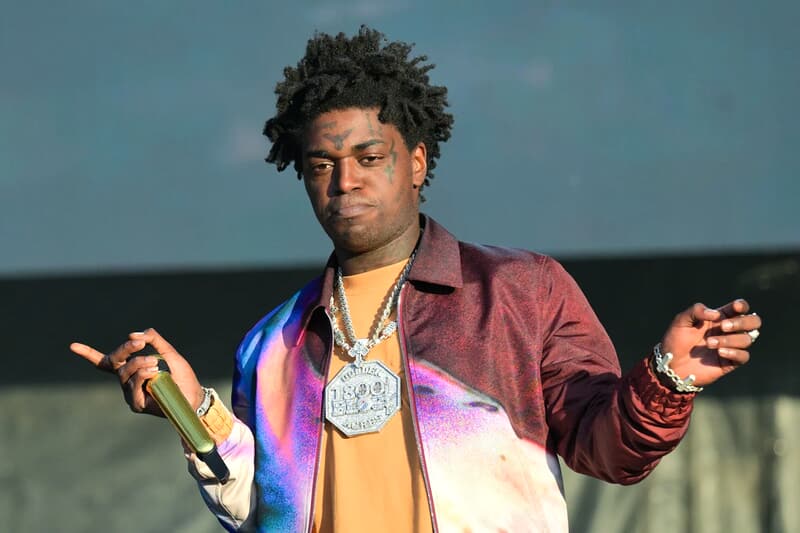
For fans who look up to these artists, this kind of messaging can have a lasting impact. Are they truly advocating for change, or just playing into the spectacle?
The Bigger Picture
Hip-hop has long been a voice for the marginalized, from Public Enemy’s fight against systemic oppression to Kendrick Lamar’s poetic calls for justice. But as money, influence, and politics become intertwined, the genre faces a new challenge: when does success disconnect artists from the struggles of their own communities?
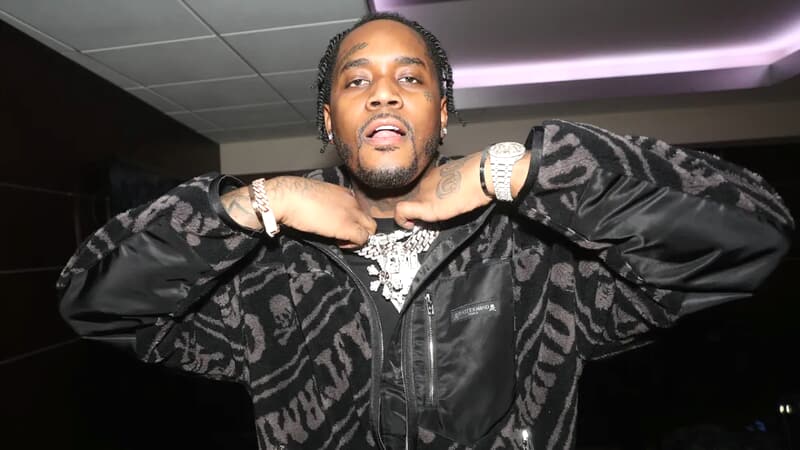
Fivio once rapped, “If you got a voice, then you gotta project it.” Now, many are asking: Is he using his voice for the right cause?

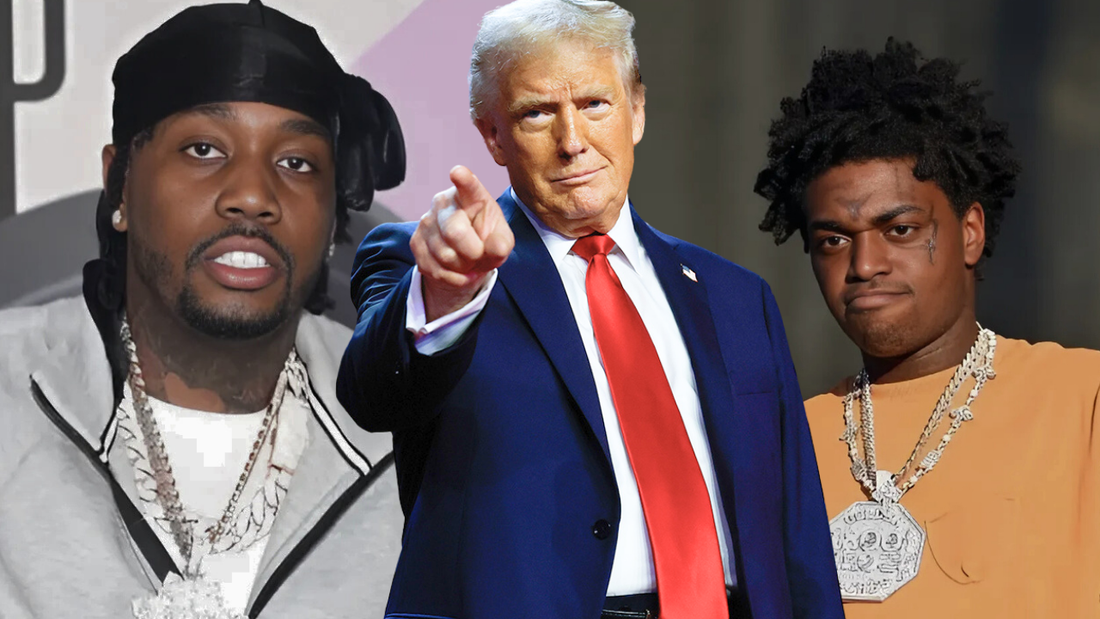
 Share on Facebook
Share on Facebook